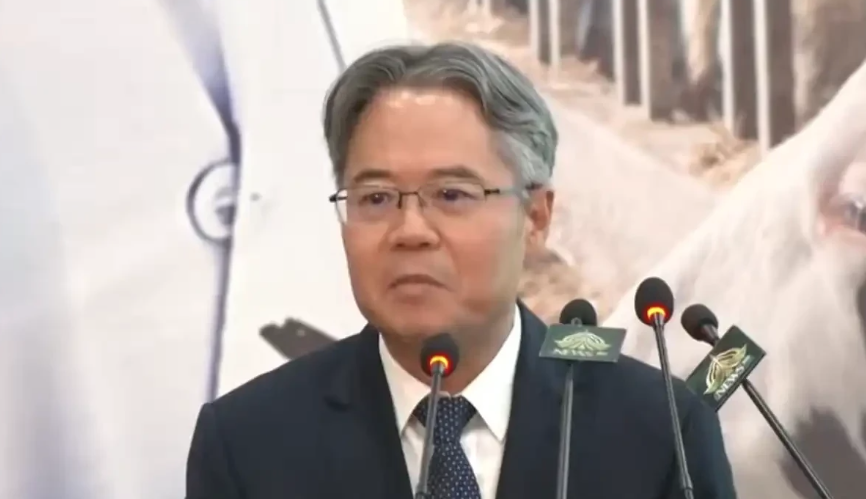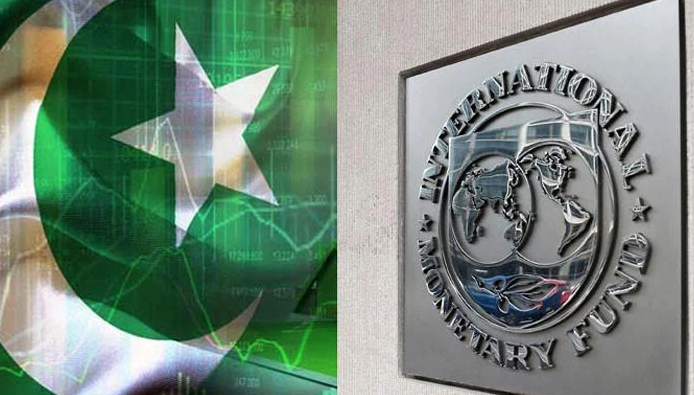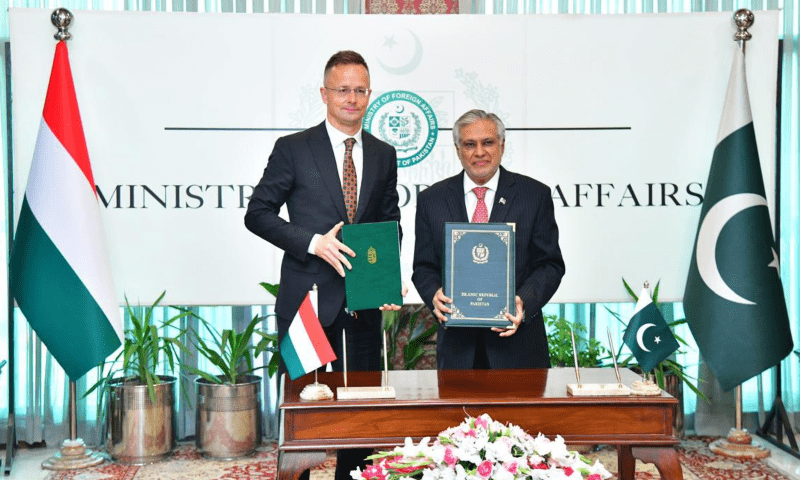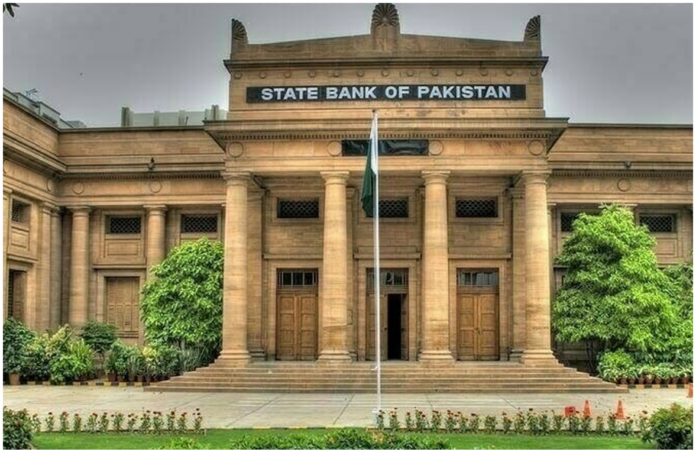TRADE & ECONOMY

China-Pakistan relations continue to strengthen, with a particular focus on agricultural cooperation. This was emphasized by Chinese Ambassador Jiang Zedong, who spoke at a ceremony marking the departure of 1,000 Pakistani agriculture graduates to China for higher education and training. The ambassador highlighted that the growing cooperation between the two countries, particularly in the agriculture sector, demonstrates the continued success of bilateral relations.
Prime Minister’s Visit to China: A Step Forward
Ambassador Jiang reflected on Prime Minister Shehbaz Sharif’s recent visit to China, noting that his meeting with President Xi Jinping was a milestone in their discussions on various bilateral issues. The visit, just months after Shehbaz Sharif assumed office, underscored the strong bond between the two nations.
President Xi’s special focus on neighborly relations and China’s commitment to cooperative diplomacy were pivotal points during the discussions. One of the key takeaways from the meeting was an agreement to expand cooperation in several sectors, with a particular emphasis on agriculture, a sector crucial to Pakistan's economy.
CPEC and Its Impact on Pakistan
The ambassador also touched upon the significance of the China-Pakistan Economic Corridor (CPEC), which is a central pillar of the Belt and Road Initiative (BRI). With $25.4 billion already invested under CPEC, it has opened up new employment opportunities in Pakistan and contributed to the modernization of infrastructure.
Agricultural Training to Revolutionize Pakistan's Agriculture Sector
Speaking at the ceremony, Prime Minister Shehbaz Sharif emphasized the importance of agricultural development for Pakistan’s future. He praised the initiative of sending 1,000 agriculture graduates to China, where they will receive training in modern farming techniques, agricultural research, and technology. This initiative aligns with Pakistan’s long-term strategy to enhance its agriculture sector.
The Prime Minister expressed his personal impression of the Agricultural University in China, where he witnessed cutting-edge research and innovation in agriculture. He stated that this experience inspired him to bring a revolution to Pakistan’s agriculture sector by equipping students with the skills and knowledge necessary to transform farming practices back home.
Merit-Based Selection and Transparency
Federal Minister Rana Tanveer Hussain echoed the importance of merit-based selection for the Pakistani students. He highlighted that this initiative will not only provide students with world-class agricultural education but also ensure that they return to Pakistan as experts, ready to introduce modern agricultural practices to local farmers.
“China has made extraordinary progress in agriculture through technology and research. Now, Pakistani students will have the opportunity to gain that expertise and contribute to the growth of Pakistan’s agriculture sector,” said Rana Tanveer Hussain.
Long-Term Benefits for Pakistan’s Agriculture Sector
The initiative is seen as a key step towards enhancing Pakistan’s agricultural output, which remains vital to the country’s economy. Officials believe that the exposure to Chinese agricultural innovations will lead to the implementation of modern practices in Pakistan, boosting productivity, improving sustainability, and increasing farmers’ incomes.
Looking Ahead
The ongoing cooperation between Pakistan and China in sectors like agriculture, education, and trade continues to flourish, with both countries committed to mutually beneficial development. The agricultural training program for Pakistani graduates is just one of many initiatives aimed at fostering long-term development and enhancing Pakistan’s position in global agricultural markets.




